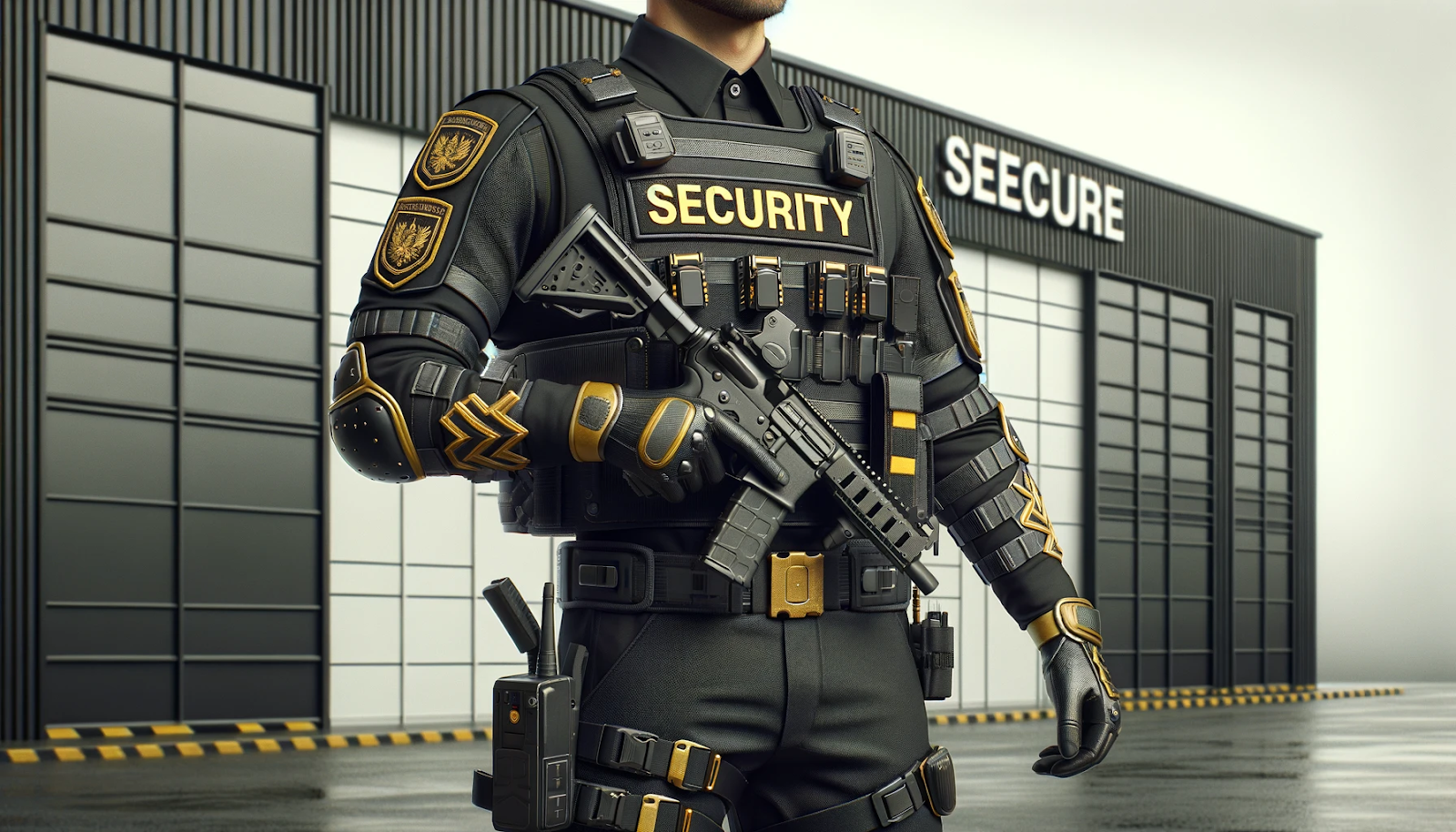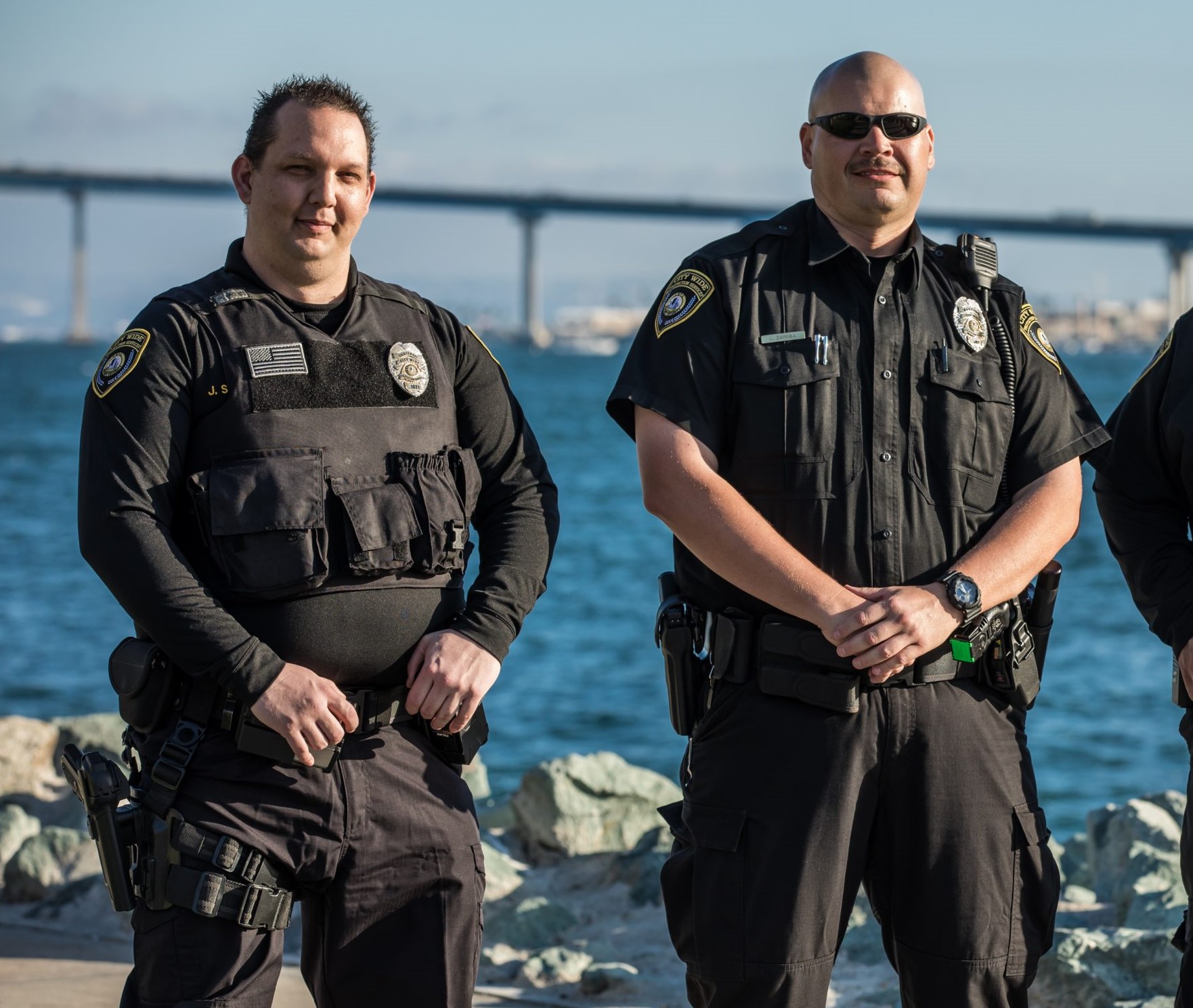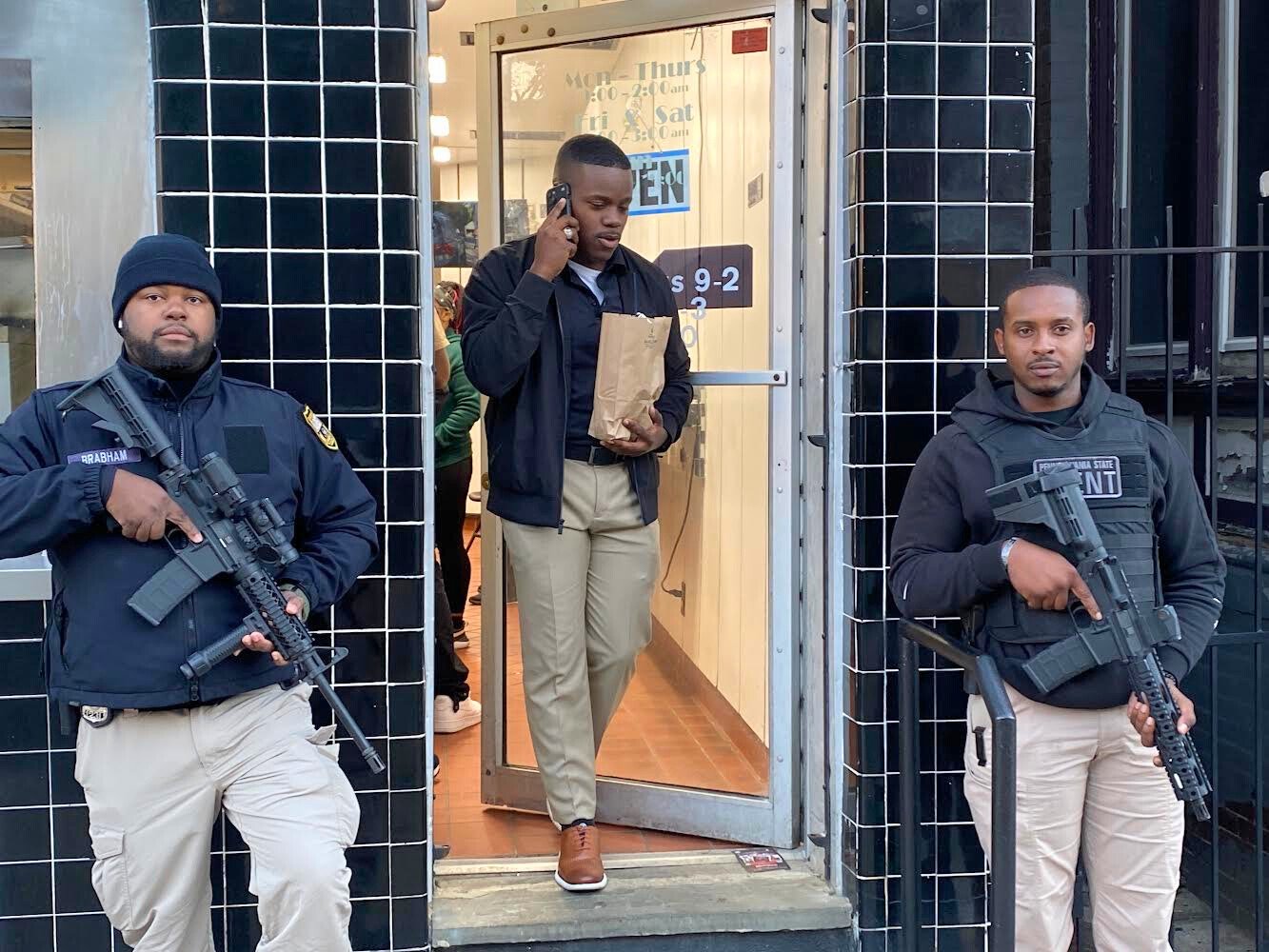The Armed security Guard: A Deep Dive
Armed security guards are a critical component of modern society, playing a vital role in protecting people, property, and assets. They are highly trained professionals responsible for maintaining safety and order in a variety of settings, from high-risk environments like banks and airports to more everyday locations such as shopping malls and residential complexes.
This article will delve into the multifaceted world of armed security guards, exploring their roles, responsibilities, training, and the challenges they face.
The Role of an Armed Security Guard

The primary responsibility of an armed security guard is to deter and prevent crime. This involves:
Maintaining a visible presence: Their mere presence acts as a deterrent to potential criminals.
Types of Armed Security Services
Armed security guards are employed across various industries and settings, including:

Corporate security: Protecting corporate offices, data centers, and other business assets.
Training and Qualifications
Becoming an armed security guard requires rigorous training and adherence to specific regulations.
Training Requirements
Firearms training: Extensive training on the safe handling, use, and storage of firearms. This typically includes marksmanship training, tactical training, and de-escalation techniques.
Licensing and Certification

In most jurisdictions, armed security guards are required to obtain specific licenses and certifications. These requirements may vary depending on the location and the specific duties involved.
The Use of Force
The use of force by armed security guards is strictly regulated and governed by specific legal frameworks.
Use of Force Continuum
Security guards are typically trained in the use of force continuum, a model that outlines the appropriate level of force in response to a given threat. This continuum generally includes:
Presence: The mere presence of the security guard can deter criminal activity.
Legal and Ethical Considerations
The use of force by armed security guards must always be justified and proportionate to the threat. Security guards must act within the bounds of the law and adhere to strict ethical guidelines.
Challenges Faced by Armed Security Guards
Armed security guards face a unique set of challenges in their line of duty:
Stress and burnout: The constant exposure to high-stress situations can lead to stress, burnout, and mental health issues.
The Future of Armed Security
The field of armed security is constantly evolving.
Technological Advancements
Technological advancements are playing an increasingly important role in enhancing the effectiveness of armed security guards. These include:
Surveillance technology: The use of advanced surveillance systems, such as CCTV cameras and drones, to monitor activity and identify potential threats.
Focus on De-escalation
There is a growing emphasis on de-escalation techniques and conflict resolution strategies to minimize the use of force.
Mental Health Support
Increased attention is being paid to the mental health and well-being of armed security guards, with a focus on providing access to mental health resources and support services.
Conclusion
Armed security guards play a crucial role in maintaining safety and order in our society. They are highly trained professionals who face unique challenges and make significant contributions to public safety. As the field continues to evolve, it is essential to ensure that armed security guards receive the training, support, and resources they need to effectively perform their duties and maintain their own well-being.
